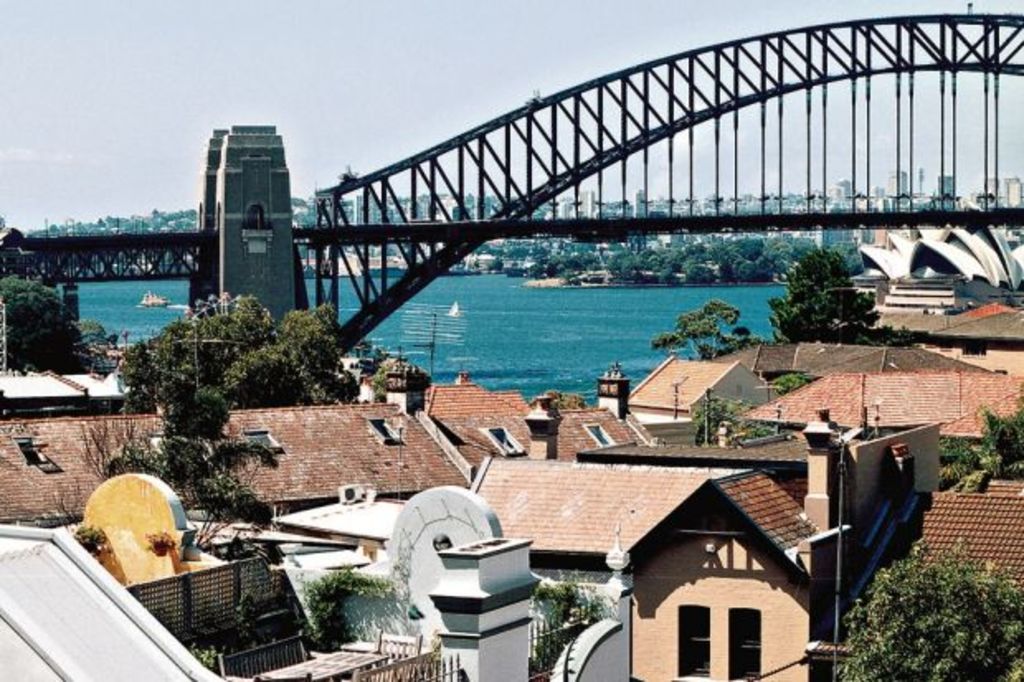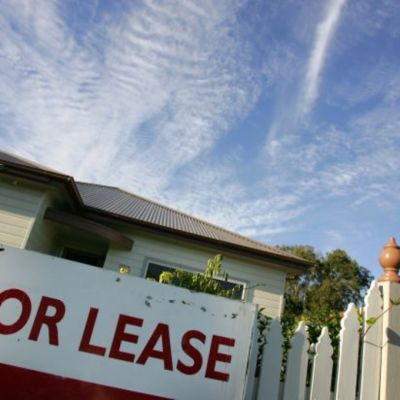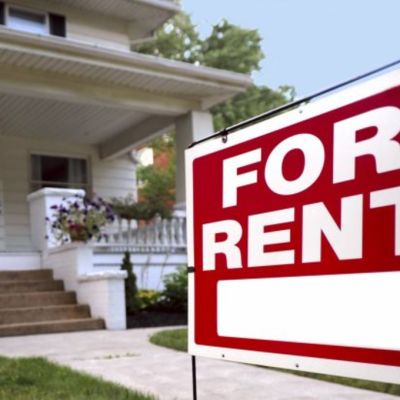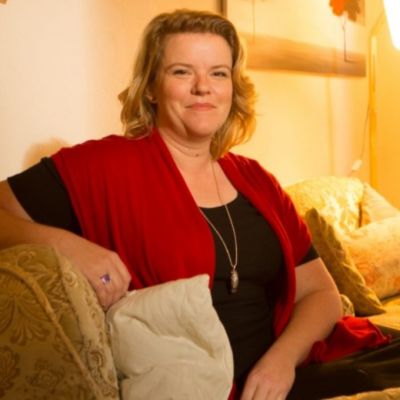Forget the poor first-home buyer. 2017 needs to be the year of the renter

After a four-year property boom that has guaranteed home owners the spotlight, it’s time for tenants to be given the same attention.
So far, most of the discussion in the housing market has centred on the affordability for entry-level buyers. Despite this focus, the median price has continued to rise in Sydney, past $1 million, as first-home buyers dropped to record low levels.
In consequence, our rental population is growing. In fact this is the year where there will be more Australians who don’t own property than those who do.
And if the growing group of tenants are to be housed with security and decency, fixing the rules that surround the rental market is something that has to be done now.
But there has been little mainstream discussion about the affordability of renting and the conditions for renters, University of NSW professor of housing research and policy Hal Pawson said.
Already, older tenants are struggling in the rental market and face a “huge difference” in their lifestyle compared to their home owning counterparts.
This could be the future for many Sydneysiders as “if you haven’t achieved home ownership by the time you’re in your 40s, [HILDA research shows] it’s unlikely you ever will”, Mr Pawson said.
Right now, long-term renting often isn’t a suitable place for those who want to raise a family or retire.
Take the Westpac 2016 Home Ownership report. The survey found one of the reasons 65 per cent of respondents wanted to own a home was simply because it provided stability.
Take a look at what that really means: being a renter doesn’t provide stability.
And who can really blame people for thinking that?
With Sydney leases largely for six or 12 months and tenants often required to fight for maintenance or against rental increases by going to tribunal – it’s hardly a place where the balance in power is fair.
At the very least, the rules need to be changed to “specify the grounds on which a landlord could end the tenancy”, Mr Pawson said. Tackling investor incentives, such as negative gearing and capital gains tax discounts, would also be high on the list to take the emphasis away from being a speculative “mum and dad” landlord.
A more bullish aim would be to change the culture of what it means to be a home owner, renter or an investor, Tenants Union of NSW (TUNSW) policy officer Ned Cutcher said. But this is no short-term plan.
“Home ownership is on the decline and despite all the rhetoric and all the conversations from Canberra and Macquarie Street about how to revive the home ownership dream, the reality is even if we pulled every lever we could pull tomorrow and turn it around to something we could aspire to again, it would take a long time,” Mr Cutcher said.
“Before we even really get there we need to accept the reality that we have this growth of renter households and that’s not going to slow down.”
Thankfully, tenancy laws are currently undergoing a statutory review – expected to be tabled in parliament in 2017 – and stakeholder discussions were held in 2016.
This review has the potential to change what it means to be a renter. After this there are no more mandatory changes to tenancy law, which makes this review even more critical for anyone who is renting now or in the future.
A good place to start is to stop allowing landlords to end a tenancy at the conclusion of a lease agreement without providing a reason, something known as “no grounds” notice, Mr Cutcher said.
Another easy win would be to tackle rent increases. The TUNSW’s submission to the review says rents should not be able to be increased more than once every 12 months and where this increase is more than the Consumer Price Index it should fall on landlords to prove it’s reasonable, not tenants to argue it.
But there are other areas to be considered as well – from ending the “no pets” clause in lease agreements and requiring landlords to commission maintenance reports on their properties to allowing tenants to put plants in the garden.
These are small asks to drastically improve the lives of many Sydneysiders. Let’s not let the opportunity go to waste.
We recommend
We thought you might like
States
Capital Cities
Capital Cities - Rentals
Popular Areas
Allhomes
More










